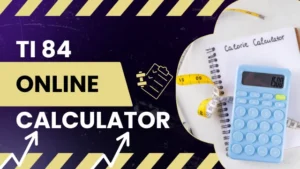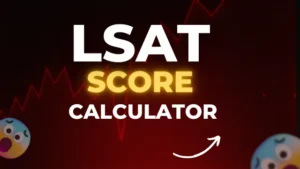mg to ml Converter
Easily convert milligrams to milliliters for common substances
Conversion Result
Density: 1000 mg/ml
Common Conversions
| Substance | Density | 100 mg = | 500 mg = | 1000 mg = |
|---|---|---|---|---|
| Water | 1000 mg/ml | 0.10 ml | 0.50 ml | 1.00 ml |
| Milk | 1030 mg/ml | 0.097 ml | 0.485 ml | 0.971 ml |
| Cooking Oil | 920 mg/ml | 0.109 ml | 0.543 ml | 1.087 ml |
| Honey | 1420 mg/ml | 0.070 ml | 0.352 ml | 0.704 ml |
| Flour | 590 mg/ml | 0.169 ml | 0.847 ml | 1.695 ml |
About mg to ml Conversion
Milligrams (mg) and milliliters (ml) are two different units of measurement. Milligrams measure weight, while milliliters measure volume.
To convert between them, you need to know the density of the substance (mass per unit volume). The formula is:
milliliters = milligrams / density
For example, to convert 500 mg of water (density = 1000 mg/ml):
500 mg / 1000 mg/ml = 0.5 ml
Important Note
This converter provides approximate values based on average densities. The actual density may vary depending on temperature, purity, and other factors.
For critical applications such as medication dosages or scientific experiments, always consult with a professional and use precise measurements.
MG to ML Converter – Accurate Conversion Tool
Our MG to ML Converter is a simple yet powerful online tool designed to help students, medical professionals, researchers, and everyday users convert milligrams (mg) to milliliters (ml) with accuracy and ease. Since these units belong to different measurement systems—milligrams for weight and milliliters for volume—the conversion depends on the density of the substance. This makes having a reliable converter mg to ml especially useful in healthcare, cooking, chemistry, and pharmaceuticals.
How Does an MG to ML Converter Work?
The formula for converting milligrams to milliliters is:
Milliliters (ml) = Milligrams (mg) ÷ Density (mg/ml)
Since density varies from substance to substance, converting values like 1000 mg of water will result in 1 ml, while 1000 mg of another liquid with higher or lower density may not equal the same. This is why a ml to mg converter is just as important for reverse calculations, especially in medical dosing.
Where Do You Need an MG to ML Conversion?
- Medicine & Healthcare: Doctors and pharmacists often prescribe medications in mg, while liquid medicines are measured in ml.
- Chemistry Labs: Accurate conversions are required for solutions and compounds.
- Cooking & Nutrition: Recipes and dietary supplements often switch between weight and volume units.
- Veterinary Medicine: Animal medications often require mg to ml adjustments.
Example MG to ML Conversion Table
Below is a simple table showing examples for water (density = 1 mg/ml). For other liquids, density must be applied.
| Milligrams (mg) | Milliliters (ml) |
|---|---|
| 1 mg | 0.001 ml |
| 100 mg | 0.1 ml |
| 500 mg | 0.5 ml |
| 1000 mg | 1 ml |
Popular Conversions People Search For
Many users search for specific conversions to solve quick real-world problems. For instance, the 1 mg to ml converter is frequently used for precision dosing, while the 2.5 mg to ml converter is common in pediatric medicine where doses are very small. Likewise, people may need a 7 mg to ml converter for certain supplements or compounds that require precise measurements.
Why Use Our Converter Instead of Manual Calculation?
- Eliminates manual calculation errors in dosage.
- Works instantly for single values or repeated entries.
- Can handle all mg to ml and ml to mg and mg/ml to mm and 0.50ml to mg conversions.
- Mobile-friendly design for quick use in pharmacies and clinics.
- Completely free to use.
For further reading on safe medicine dosing and conversions, check out WHO’s Guidelines on Pharmaceutical Calculations .
Final Thoughts
Converting milligrams to milliliters can seem challenging, but with the right tool, it becomes effortless. Our mg to ml converter is designed to meet the needs of healthcare professionals, students, and general users who need reliable results instantly. Whether you are calculating a medical dose, measuring lab samples, or converting ingredients in recipes, this converter ensures precision every time.
Whether you need to perform a quick calculation, use a mg to ml tool for learning, or rely on advanced features like density input, our solution is built to serve every requirement effectively.




